
In crypto, privacy isn’t just a buzzword – it’s a competitive edge. But the old narrative of secrecy versus compliance is rapidly fading. The new frontier? Programmable confidentiality on the blockchain. This approach lets users and builders have their cake and eat it too: robust privacy, programmable controls, and airtight regulatory alignment. If you’re still thinking of mixers as shadowy tools or privacy coins as regulatory headaches, it’s time to update your playbook.
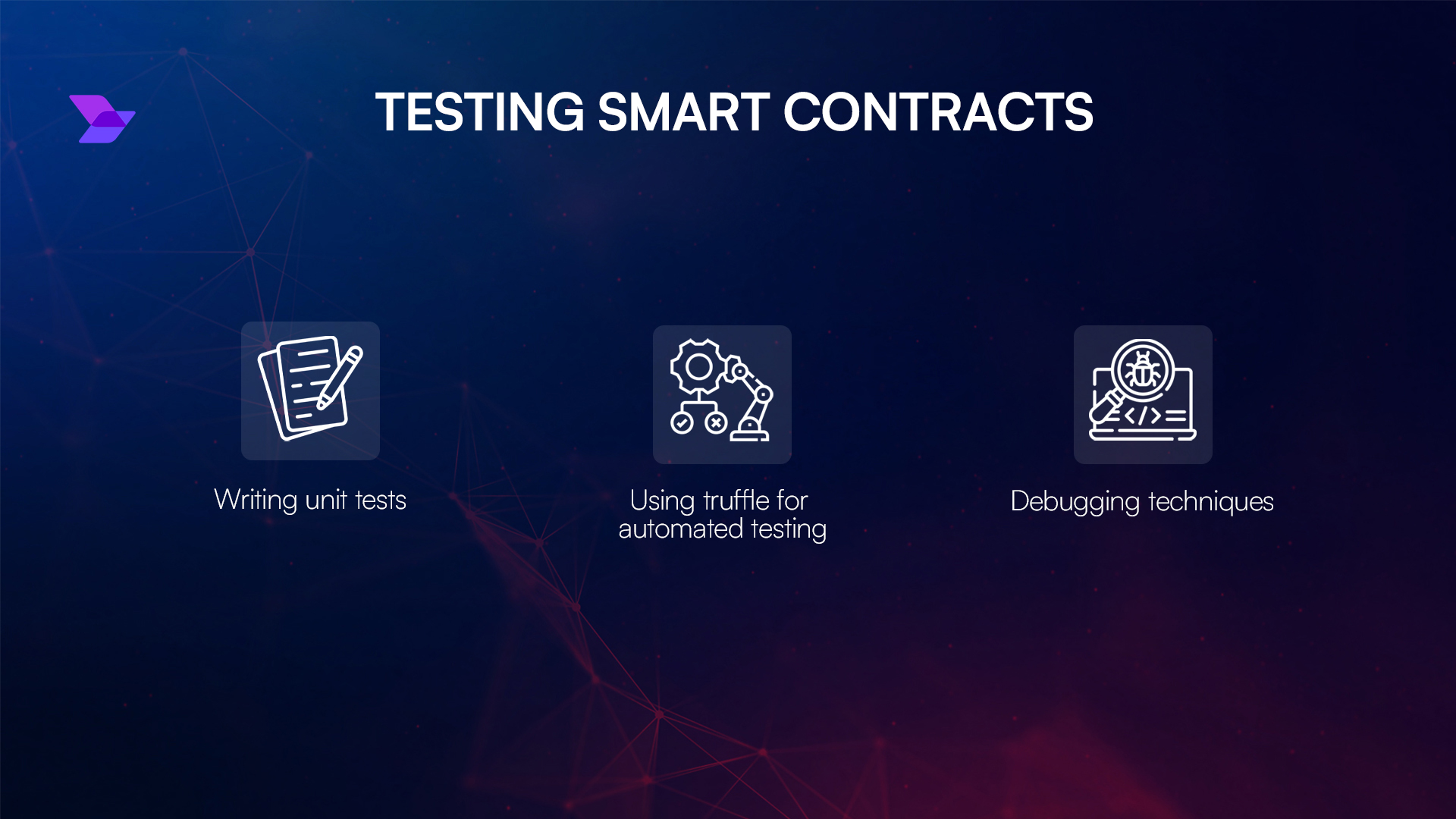
The Real Meaning of Programmable Confidentiality
Forget the tired “privacy equals crime” cliché. In today’s landscape, confidentiality means profit. Projects like Fairblock’s FairyRing are proving that when you encrypt sensitive data – think transaction amounts, sender/receiver info, even business logic – you unlock real-world utility for stablecoins and DeFi. It’s not about hiding from the law; it’s about enabling new financial products that respect both user privacy and institutional requirements. According to Fairblock’s documentation, their confidential stablecoins offer encrypted balances with transparent addresses and selective disclosure for audits or compliance checks.
“Advances in cryptography are finally letting us move past the false binary between privacy and compliance. ”
The Tech Stack Powering Confidential Smart Contracts
So how does all this work under the hood? It’s not magic – it’s cutting-edge cryptography. Here are the three pillars:
Key Technologies Powering Programmable Confidentiality
-

Fully Homomorphic Encryption (FHE): FHE enables computations on encrypted data without ever decrypting it, ensuring sensitive information stays confidential during processing. Zama’s Confidential Blockchain Protocol leverages FHE to let developers build privacy-preserving smart contracts in Solidity, making advanced privacy accessible without deep cryptography expertise.
-
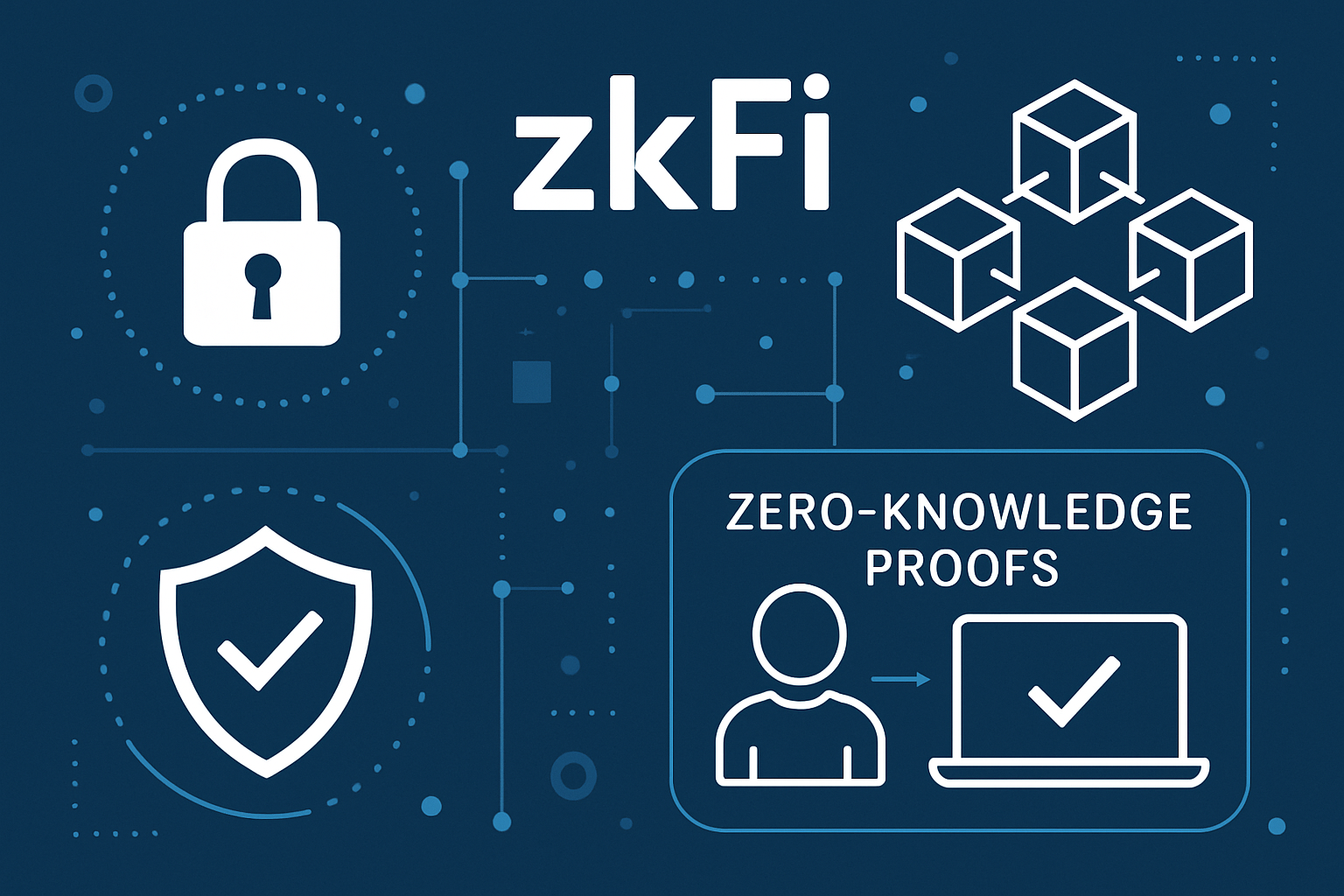
Zero-Knowledge Proofs (ZKPs): ZKPs allow one party to prove knowledge of a fact without revealing the underlying data. The zkFi protocol uses ZKPs to enable private, regulation-compliant transactions across DeFi and DAOs, balancing privacy with transparency.
-
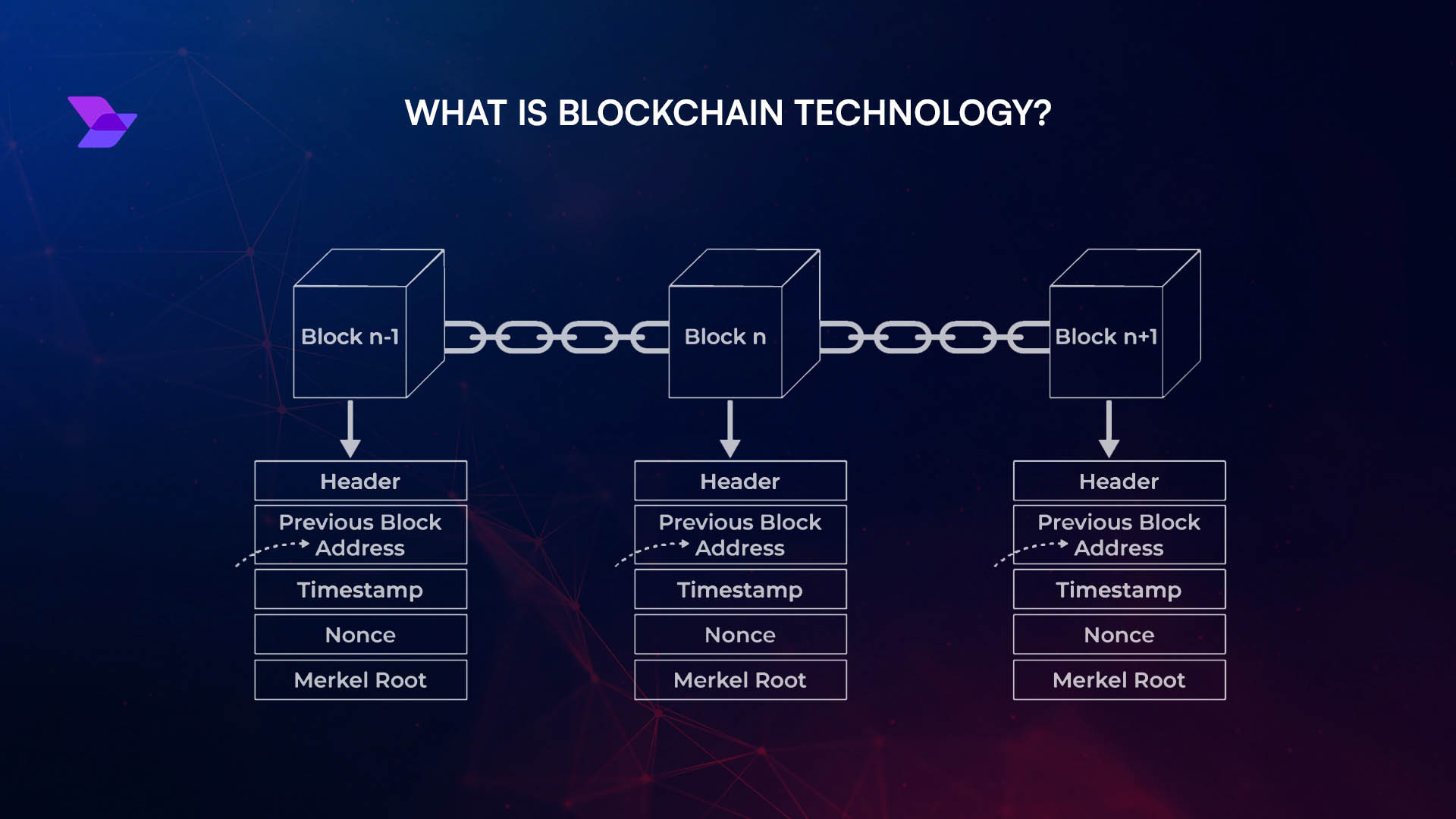
Multi-Party Computation (MPC): MPC lets multiple parties jointly compute a function over their inputs while keeping those inputs private. The Cloak framework applies MPC to support secure, verifiable off-chain computations, boosting confidentiality and compliance for blockchain transactions.
Fully Homomorphic Encryption (FHE) lets smart contracts operate on encrypted data without ever exposing it. Zama’s Confidential Blockchain Protocol is making waves here by allowing Solidity developers to write privacy-preserving applications without needing PhDs in cryptography (zama.ai). Then there are Zero-Knowledge Proofs (ZKPs), which let one party prove they know something without revealing what that something is. zkFi’s protocol leverages ZKPs to keep transactions private across DeFi and DAOs while remaining regulation-friendly (arxiv.org). Finally, Multi-Party Computation (MPC) enables groups to jointly compute outcomes using private inputs – think collaborative KYC or AML checks where no single party ever sees all the data (arxiv.org).
Privacy Spectrum: From Mixers to Compliant Privacy Protocols
The days of one-size-fits-all privacy are over. Today’s landscape features a full spectrum, from classic crypto mixers focused on transaction obfuscation to advanced frameworks like Inco Network’s Confidential ERC-20 Framework, which cloaks balances and transfers but bakes in compliance controls from day one. Even Chainlink is getting in on the action with its Blockchain Privacy Manager and CCIP Private Transactions for secure cross-chain activity (blog.chain.link). The takeaway? You can have strong privacy without sacrificing regulatory peace of mind.
Regulators are watching closely, but so are forward-thinking builders. The real magic of programmable confidentiality is its flexibility. Need ironclad privacy for sensitive enterprise data? There’s a protocol for that. Want selective disclosure so auditors or compliance teams can peek under the hood when needed? That’s built-in too, no more clunky workarounds or risky full-transparency defaults.
This evolution is already reshaping how organizations approach privacy in crypto. Instead of treating privacy as a liability, it’s being reimagined as a strategic asset. For example, Fairblock’s confidential stablecoins allow users to keep balances and transfers private while still providing regulators with just enough visibility to meet KYC/AML requirements. This is programmable confidentiality in action: adaptable, granular, and ready for prime time.
Why Programmable Confidentiality Matters for Crypto Mixers
Mixers have long been painted with a broad brush, often unfairly, as tools for illicit activity. But the new generation of privacy spectrum crypto mixers is all about nuance and choice. Users can dial up or down their level of anonymity based on risk profile, jurisdiction, or specific transaction needs. The best part? Many modern mixers now integrate compliance features directly into their protocols, ensuring they don’t run afoul of anti-money laundering (AML) laws while still protecting user confidentiality.
Let’s break down the advantages:
Top Benefits of Programmable Confidentiality in Crypto
-

Enhanced Data Privacy with FHE: Fully Homomorphic Encryption (FHE) lets users and businesses process encrypted data without ever exposing sensitive information, as demonstrated by Zama’s Confidential Blockchain Protocol. This means confidential smart contracts can run securely on public blockchains.
-

Regulatory Compliance Without Sacrificing Privacy: Solutions like zkFi protocol and Fairblock’s confidential stablecoins allow for privacy-preserving transactions while enabling selective disclosure for audits and regulatory checks—bridging the gap between privacy and compliance.
-

Private, Compliant Token Transactions: The Confidential ERC-20 Framework by Inco Network and Circle Research transforms standard tokens into confidential ones, hiding balances and transaction amounts while maintaining compliance controls.
-
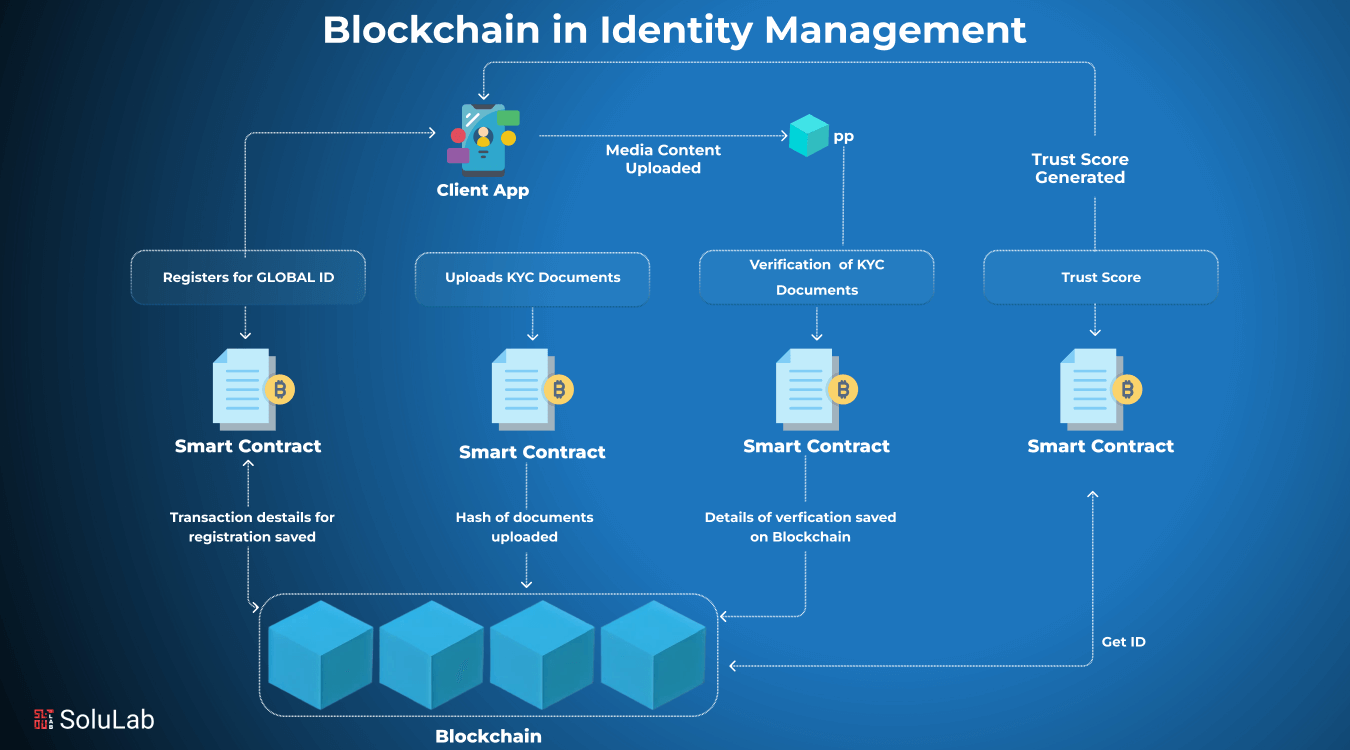
Secure Multi-Party Collaboration: With frameworks like Cloak (MPC), multiple parties can compute over private data together—ideal for enterprises needing to keep sensitive business information confidential during joint operations.
-
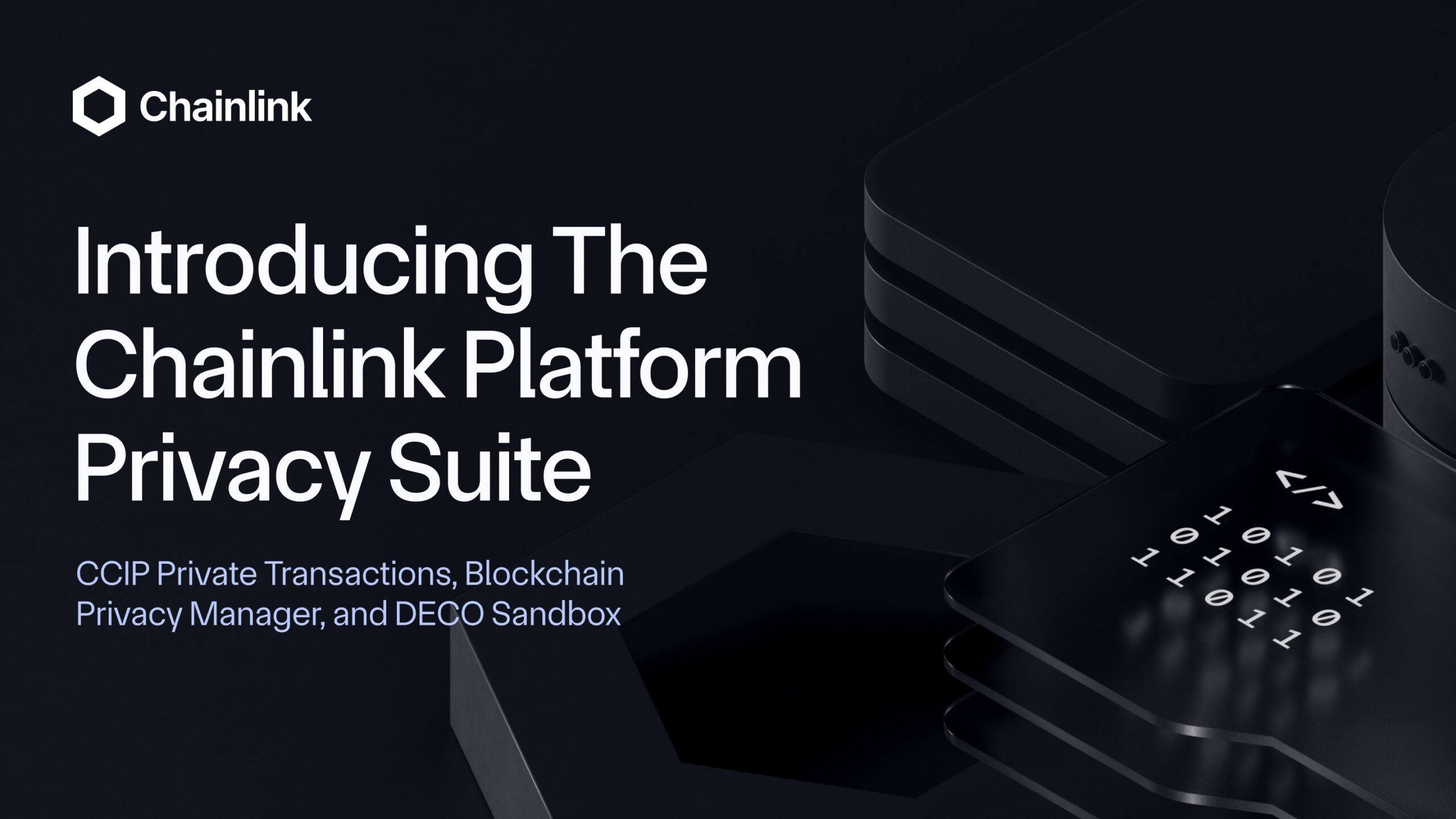
Cross-Chain Privacy & Integrity: Chainlink’s Blockchain Privacy Manager and CCIP Private Transactions boost data confidentiality and integrity in cross-chain transfers, ensuring private and compliant interoperability across networks.
This shift isn’t just theoretical, it’s happening now. Projects like Inco Network and Chainlink are rolling out frameworks that let developers launch compliant privacy tokens and smart contracts without reinventing the wheel every time. These solutions are pushing the industry past outdated binaries and into an era where legal clarity and user empowerment go hand in hand.
The Road Ahead: Challenges and Opportunities
The path forward isn’t frictionless. Compliance teams must stay ahead of evolving regulations around privacy protocols, especially as governments refine their stances on mixers and zero-knowledge tech (blog.chain.link). But here’s what’s undeniable: Programmable confidentiality blockchain solutions are making it possible to serve both privacy-maximalists and compliance officers, sometimes within the same transaction.
As adoption grows, expect to see:
- More robust developer tooling: Privacy features will become standard in major smart contract platforms.
- Greater institutional participation: Banks and fintechs will finally step into DeFi once they see compliance baked into privacy protocols.
- User-centric controls: End-users will choose how much information to share, and with whom, on a per-transaction basis.
The bottom line? The false dichotomy between secrecy and regulation is dead weight. With programmable confidentiality, crypto can offer tailored privacy that meets both personal needs and regulatory obligations, unlocking new value across DeFi, payments, DAOs, and beyond.






